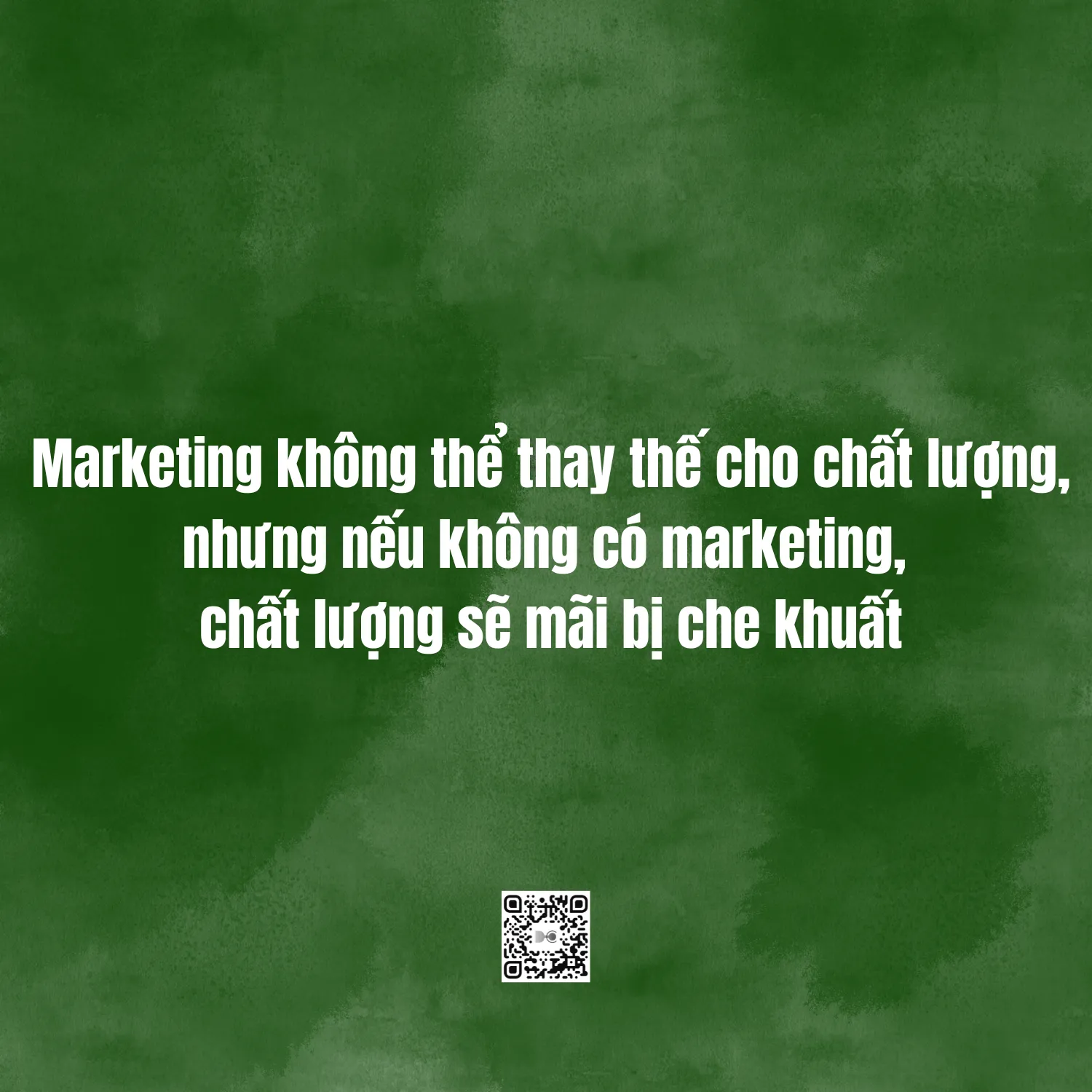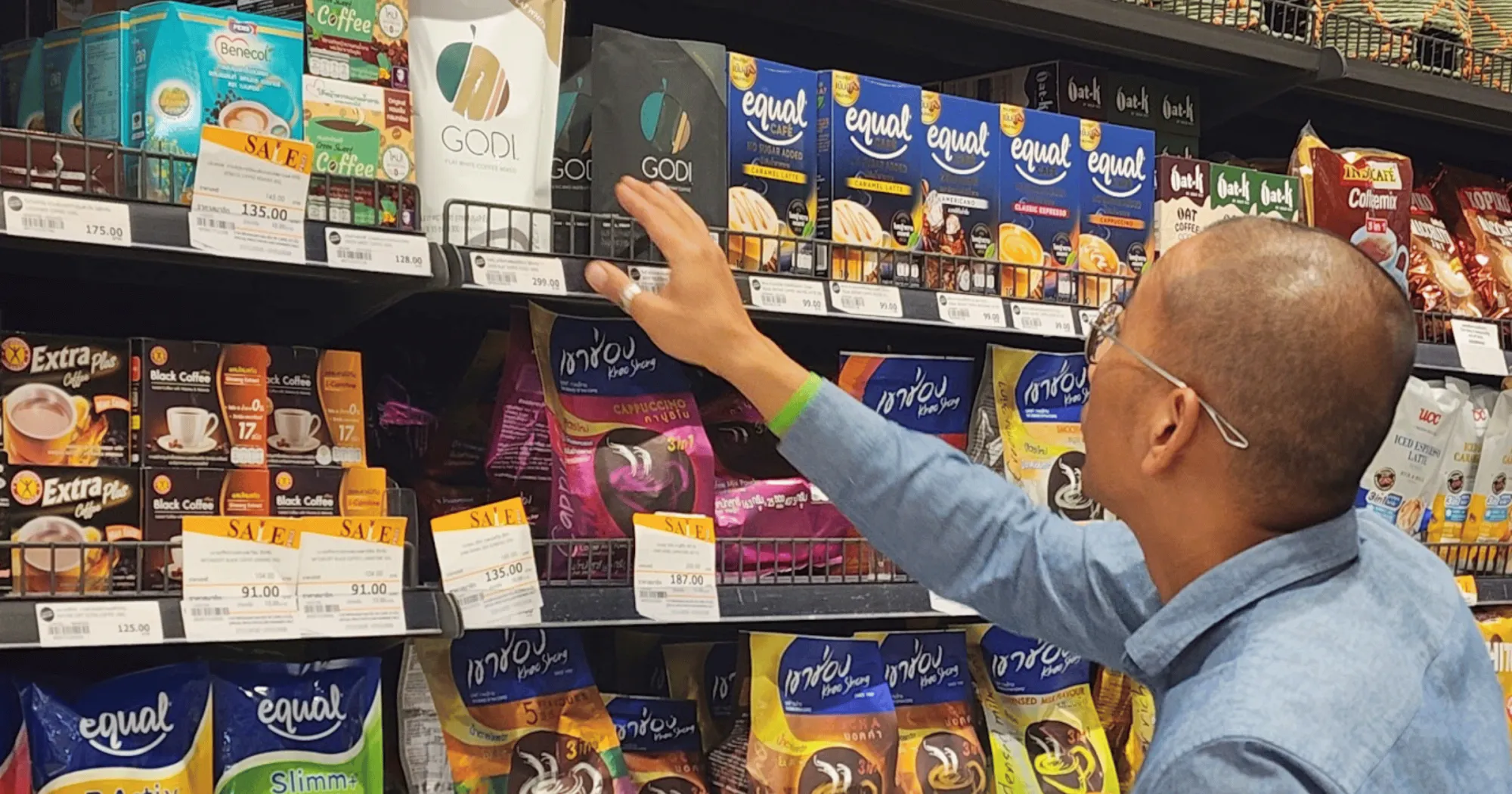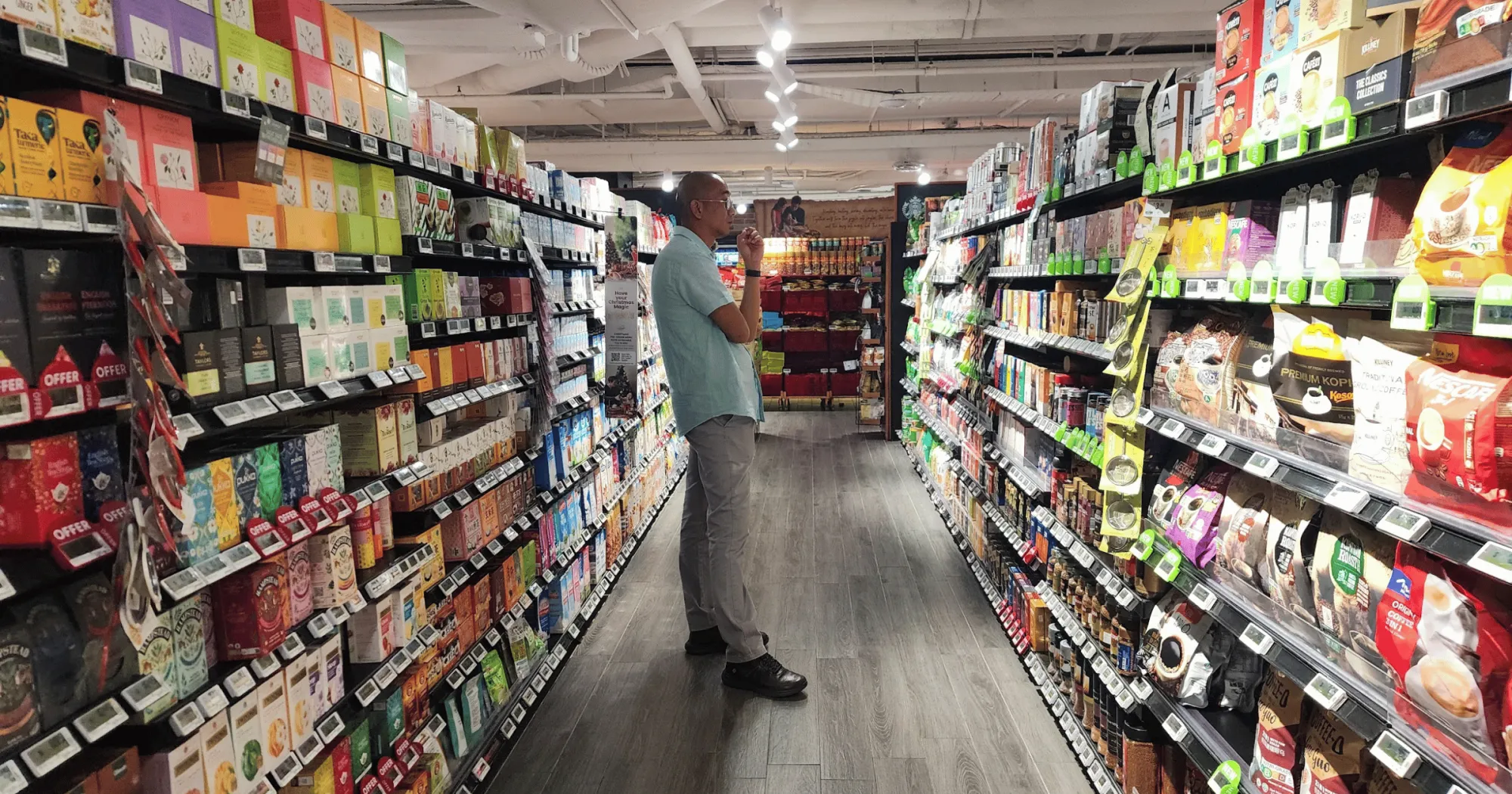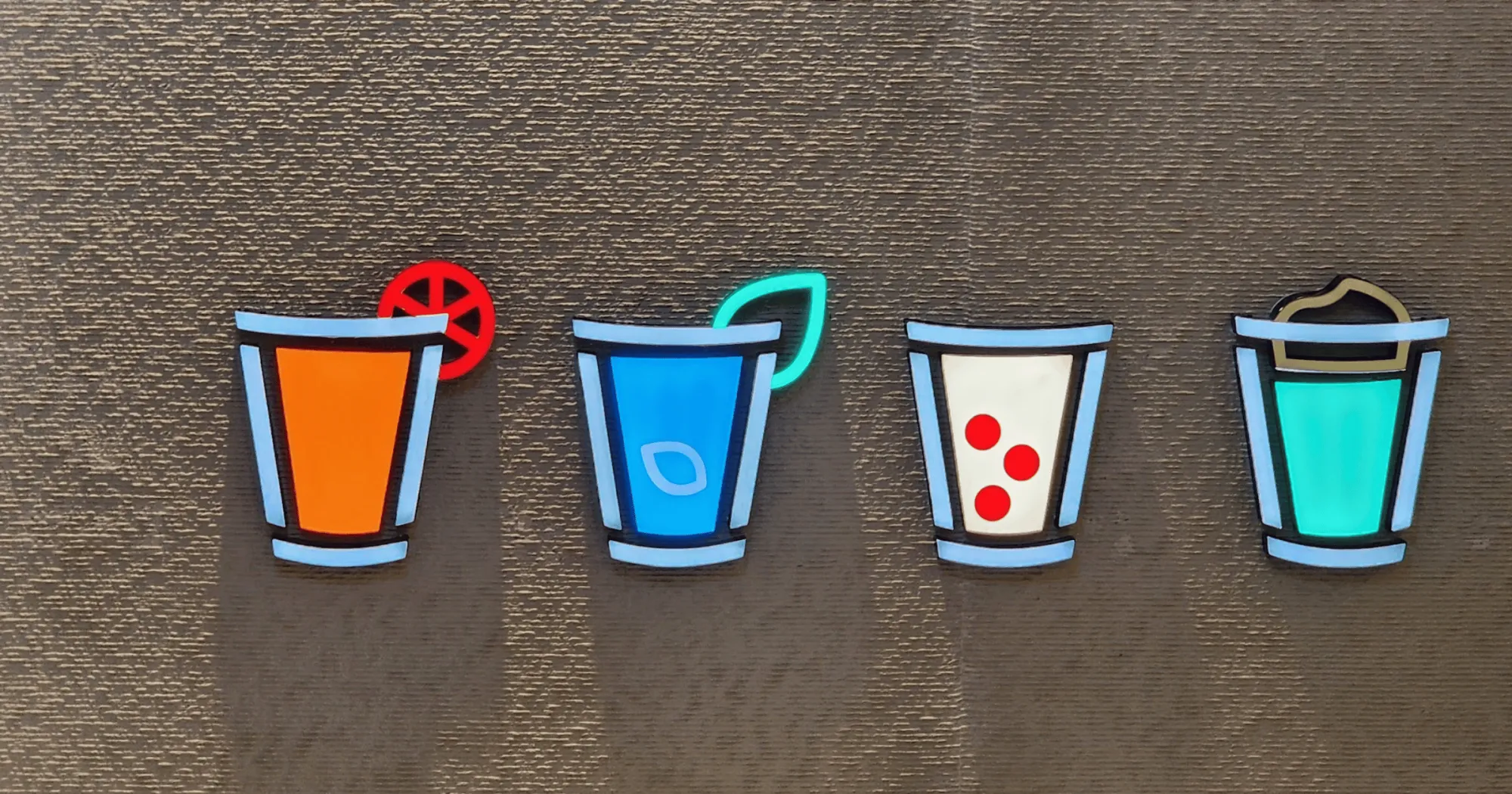The hidden corner of SMEs: In the process of consulting and accompanying many SMEs, especially those starting from engineering or investing in other fields, I often hear the same statements over and over again. These are very natural beliefs, stemming from experience and confidence in their products. However, these beliefs can easily become “blind spots”, causing many SMEs to have difficulty bringing their products to market. This article summarizes some “familiar sayings” and analyzes the reasons why they need to be reconsidered, so that business owners can better visualize the path to sustainable development.
Sentence 1: “No one understands this product better than I do.”
This is true in the early stages of research and development. Business owners are often passionate people who understand every detail, function, and process of creating a product. But when it comes to the market, customers are the ones who decide whether the product is suitable or not. They don’t care about how much effort you put in, but what problem the product solves and what experience it brings.

Sentence 2: “My product is unique”
This confidence often comes from a place of legitimate pride. But being “unique” technically does not necessarily mean being “unique” in the eyes of consumers. The market only cares about what difference is valuable to them, and more importantly, whether they are willing to pay for it.

Sentence 3: “Just make good products, customers will come to you”
Quality is necessary, but not sufficient. In reality, many good products cannot be sold because customers do not know about their existence. Distribution channels, communication information and customer service are three important factors that go hand in hand with quality.

Sentence 4: “Marketing is just a form, quality is important”
This is a common misconception. Marketing cannot replace quality, but without marketing, quality will forever be hidden. The task of marketing is to make customers realize the true value, thereby creating conditions for quality to develop.

Sentence 5: “I was successful in industry X, so industry Y is not difficult”
Past experience helps business owners feel confident, but each industry has its own “rules of the game”. People working in the food industry cannot apply the same thinking to the fashion industry; and a formula for success in construction may not be effective in the technology field. Confidence is necessary, but subjectivity will lead to wrong decisions.

Sentence 6: “No need to research the market, just sell and you will know”
In fact, trial sales also give results, but the cost of trial and error is often much higher than the cost of research. A proper survey helps businesses save time, avoid spreading investments, and identify the right customer base from the beginning.
Sentence 7: “If customers don’t understand, it’s their fault”
In fact, if customers don’t understand, it means that the business hasn’t communicated clearly or the product hasn’t met their needs. Blaming the customer means missing the opportunity to adjust the product to make it more approachable.
Sentence 8: “Logos and brands are just a form”
“Making up stories, marketing or whatever is just making up stories to spend money!”
Understand: Brand is not just a logo, color or name. Brand is the trust and expectation that customers attach to the product. If you do not invest in building a brand, it will be difficult for businesses to differentiate themselves and be easily replaced.
Sentence 9: “Just run strong ads and you will sell everything”
Advertising only generates reach, but converting into revenue depends on the message, the buying experience and after-sales service. If these three factors are not prepared, advertising is just a way to “burn money” quickly.

Sentence 10: “Just hire KOL or livestream and you will sell immediately”
It is true that KOL/KOC or livestream create attention effects, but today’s customers are very alert. They can watch, can like, but to buy and stick with, they need trust. That is why it is necessary to have a correct – sufficient – reputable communication strategy, not just rely on a few livestreams or a famous face.

Sentence 11: “I manage everything to be sure, I don’t feel secure leaving it to someone else”
Having tight control is a habit of many business owners, especially in the early stages. However, if you do everything yourself, the growth rate will slow down and the team will lose motivation. A sustainable business is one that can operate without depending entirely on one individual.
Sentence 12: “This product is 10 times better than the competition, it will definitely win”
Customers do not always choose the “best” in terms of technology. They choose the one that best fits their budget, their spending habits, and their personal values. Therefore, winning in the market does not come from absolute superiority, but from relevance and the ability to maintain long-term relationships.

Conclusion
The above statements are not wrong, because they reflect the psychology and real-life experiences of many business owners. But if they stop there, businesses will easily fall into the trap of overconfidence. The market does not operate on emotions, but on the needs, habits and experiences of customers. Understanding the “blind spots” behind each familiar statement is the first step for business owners to transform themselves from making products to making markets – from personal confidence to building sustainable systems..












